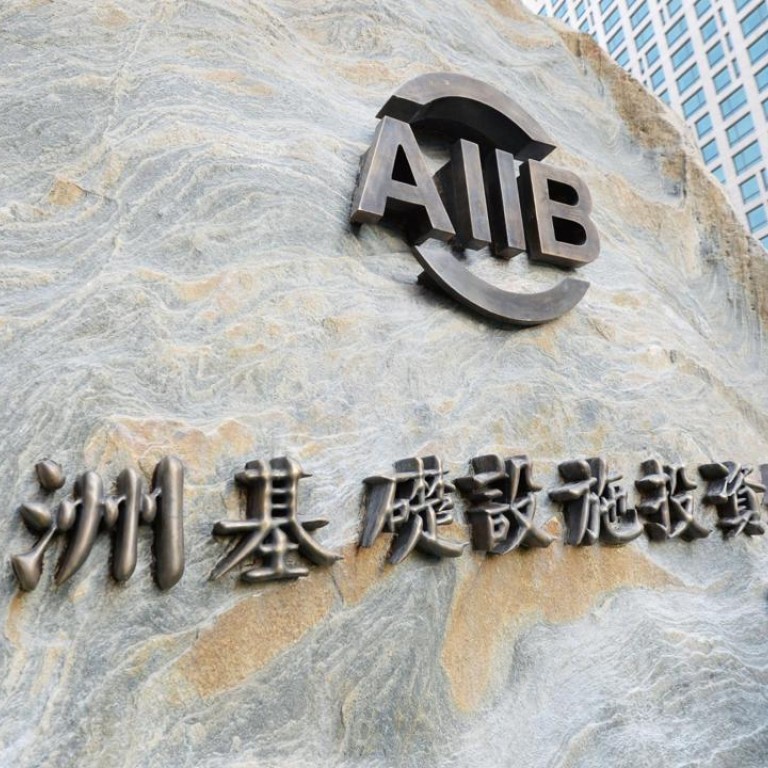
Hong Kong must push hard for the AIIB to set up an office here
I have been an infrastructure banker for more than 25 years, since taking my first job at the Chase Manhattan Bank (now JP Morgan) in Hong Kong in 1990. I had just graduated from the University of Oxford and returned immediately to my beloved home to commence my career. In those days, Hong Kong was the undisputed financial centre of Asia and at least 70 per cent of all infrastructure lending was conducted out of the banks’ Hong Kong offices, with small satellite offices established in Singapore to cover the growing infrastructure needs of Southeast Asia.
Today, this situation has completely reversed, with the large majority of commercial banks that focus on project finance being domiciled in Singapore. Over the last few decades, China has primarily financed its infrastructure requirements through its government coffers, its large public sector banks and international equity markets (Hong Kong’s investment banks played a dominant role to support the latter but this business is also shrinking). President Xi Jinping’s (習近平) road and belt initiative, which will link China with Europe, will require much broader and innovative sources of financing.
The establishment of a major AIIB office in Hong Kong presents a “win-win” opportunity for all stakeholders. First and foremost, China needs to showcase to the world that the AIIB will be a truly international organisation by attracting top-class global talent (more than 30 job openings have already been posted on its English website). While I am sure that the Chinese government will do its utmost to tackle the serious pollution in Beijing, it will not face the same problem attracting talent (and their families) to Hong Kong.
Second, the AIIB’s 57 founding members will demand that the AIIB meets the highest levels of corporate governance, and Hong Kong’s institutions and regulatory environment have a long and exemplary track record in this regard.
Third and most importantly, Hong Kong needs the AIIB to ensure that we do not continue to lose our international talent pool to the likes of Singapore and Shanghai.
Tsang was absolutely right when he said that China’s “One Belt, One Road” initiative is an opportunity Hong Kong cannot afford to miss. Please bring the AIIB to Hong Kong
Jackie B. Surtani, Pok Fu Lam

